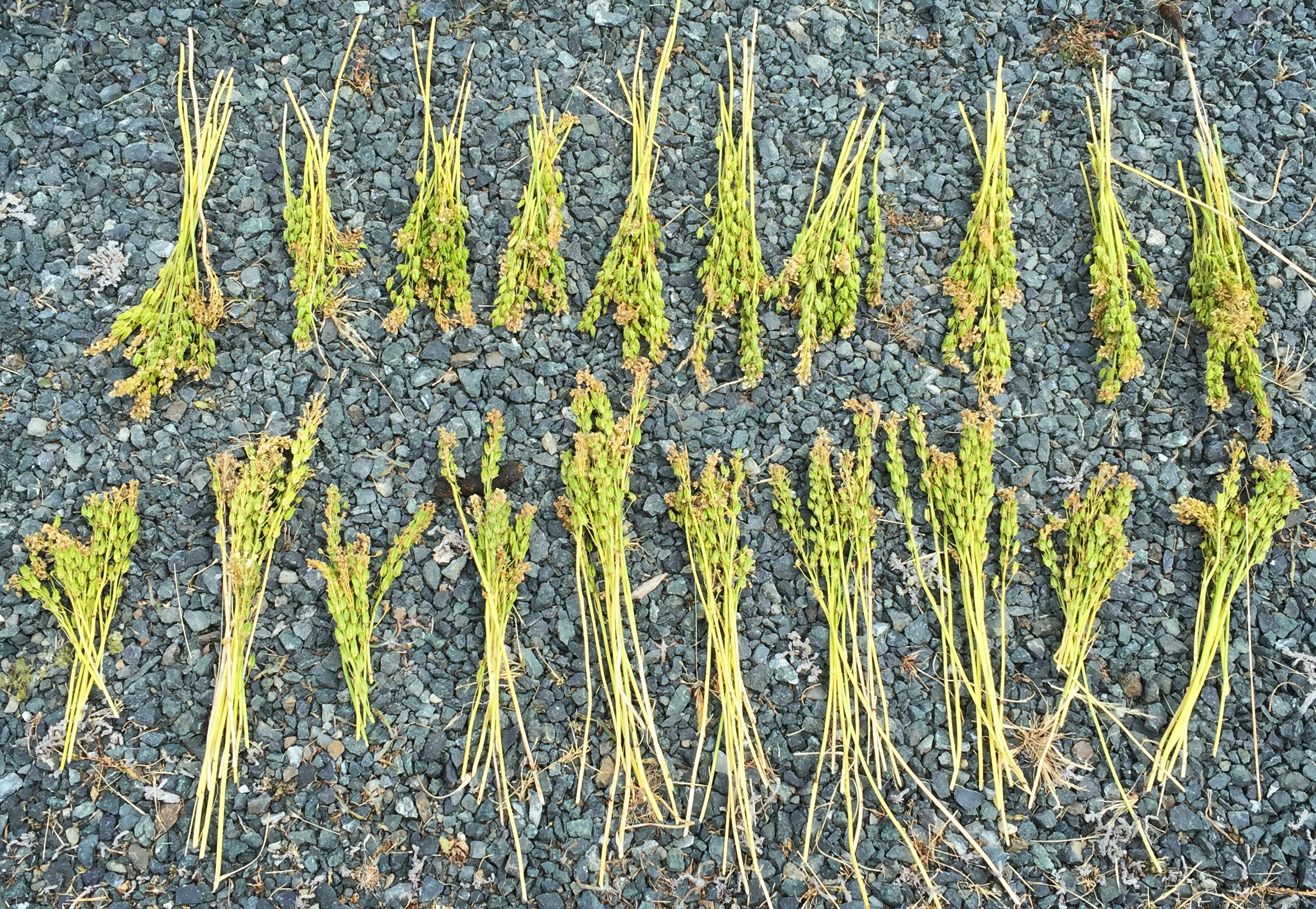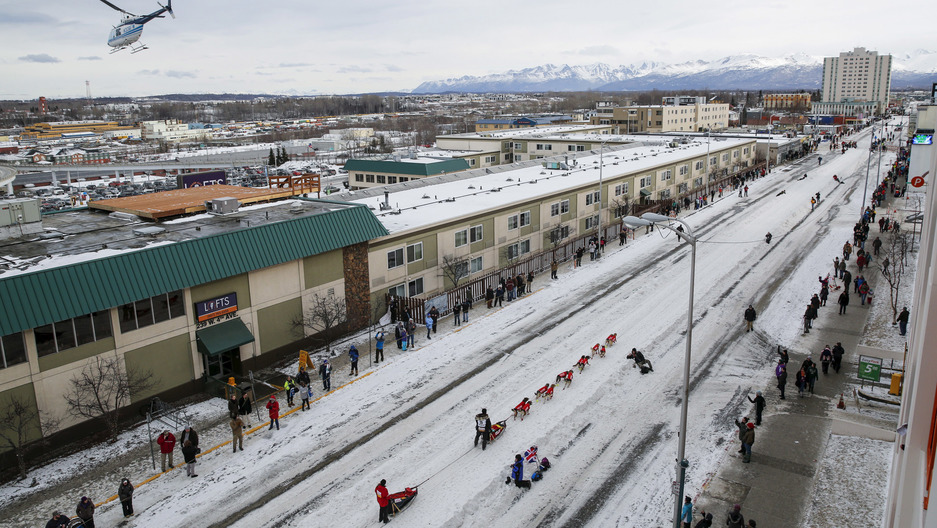rbkwp
Mythical Member
- Joined
- Aug 21, 2007
- Posts
- 80,801
- Media
- 1
- Likes
- 46,030
- Points
- 608
- Location
- Auckland (New Zealand)
- Sexuality
- 100% Gay, 0% Straight
- Gender
- Male
Mongabay Series: Amazon Agribusiness
Brazil’s Bolsonaro presses anti-indigenous agenda; resistance surges
![2-in-768x454.jpg]()
Lucas Ferraz, Brazil’s Foreign Trade Secretary, is confident that final approval of the Mercosur-EU trade deal is imminent. Image courtesy of FGV.
However, despite continuing expressions of concern by some members of the European Parliament, it seems unlikely the EU/Mercosur deal will be halted. Lucas Ferraz, Brazil’s Foreign Trade Secretary, told Bloomberg news: “We have never been so close. We’ve advanced more in four months than in 20 years.”
During a recent press conference with his Argentine counterpart in Buenos Aires, Bolsonaro, who is a keen advocate of the agreement, enthused: “We are all going to win with this — Argentina, Brazil and the other countries of this bloc.” Barring eleventh-hour hitches, the finalized deal is expected to be announced during a summit of the G20 group of leading economies in Osaka before the end of June.
On 26 June the German Chancellor, Angela Merkel, responded to the concerns of the NGOs and the scientists, saying: “Like you, I am worried about the actions taken by the Brazilian president [in relation to deforestation] and, if possible, I will have a clear discussion with him about it at the G20 meeting.” But she was not prepared to halt the trade talks: “I don’t think the non-conclusion of the agreement with Mercosul will mean that a hectare less forest will be felled in Brazil. On the contrary.”
![6-pr-copy-768x389.jpg]()
Brazilian police stand at the ready in late May during one of the biggest indigenous protests ever seen in Brasilla. Image by Karla Mendes / Mongabay.
Growing indigenous outrage
While it seems very unlikely the talks will be stopped, thechorus of protests has underlined international concern over Bolsonaro’s draconian socioenvironmental policies and put increasing pressure for transnational companies to take action. Brazil’s indigenous organizations are speaking out ever more loudly abroad, saying that they have little alternative, as Bolsonaro has closed down all national channels of communication.
Brazil’s Bolsonaro presses anti-indigenous agenda; resistance surges

Lucas Ferraz, Brazil’s Foreign Trade Secretary, is confident that final approval of the Mercosur-EU trade deal is imminent. Image courtesy of FGV.
However, despite continuing expressions of concern by some members of the European Parliament, it seems unlikely the EU/Mercosur deal will be halted. Lucas Ferraz, Brazil’s Foreign Trade Secretary, told Bloomberg news: “We have never been so close. We’ve advanced more in four months than in 20 years.”
During a recent press conference with his Argentine counterpart in Buenos Aires, Bolsonaro, who is a keen advocate of the agreement, enthused: “We are all going to win with this — Argentina, Brazil and the other countries of this bloc.” Barring eleventh-hour hitches, the finalized deal is expected to be announced during a summit of the G20 group of leading economies in Osaka before the end of June.
On 26 June the German Chancellor, Angela Merkel, responded to the concerns of the NGOs and the scientists, saying: “Like you, I am worried about the actions taken by the Brazilian president [in relation to deforestation] and, if possible, I will have a clear discussion with him about it at the G20 meeting.” But she was not prepared to halt the trade talks: “I don’t think the non-conclusion of the agreement with Mercosul will mean that a hectare less forest will be felled in Brazil. On the contrary.”

Brazilian police stand at the ready in late May during one of the biggest indigenous protests ever seen in Brasilla. Image by Karla Mendes / Mongabay.
Growing indigenous outrage
While it seems very unlikely the talks will be stopped, thechorus of protests has underlined international concern over Bolsonaro’s draconian socioenvironmental policies and put increasing pressure for transnational companies to take action. Brazil’s indigenous organizations are speaking out ever more loudly abroad, saying that they have little alternative, as Bolsonaro has closed down all national channels of communication.

















